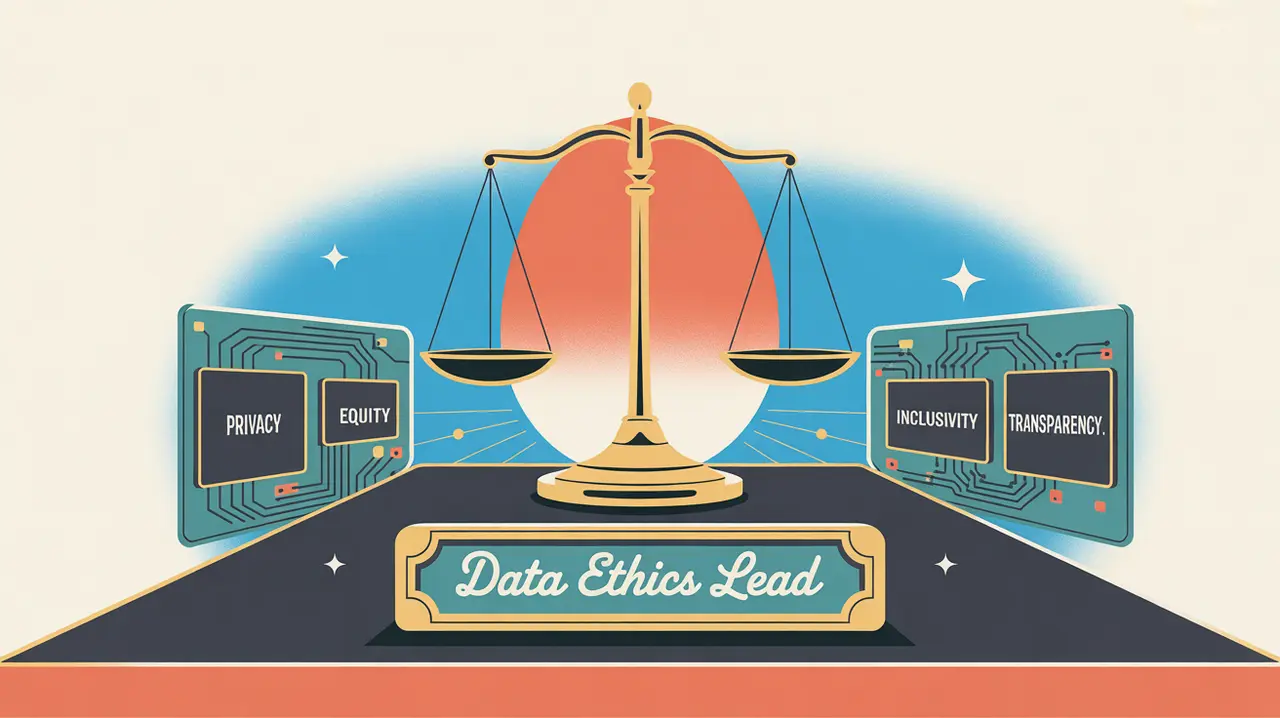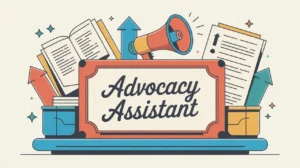What Does the Data Ethics Lead Role Involve?
A data ethics lead is responsible for shaping and overseeing the organization’s approach to the responsible, equitable, and transparent use of data. This involves developing ethical guidelines, ensuring compliance with legal and regulatory standards, advising teams on ethical dilemmas, leading training initiatives, and fostering a culture of ethical data use across the organization. The role typically sits within data governance, legal, research, or strategy functions depending on the organization’s structure. In both nonprofits and social enterprises, data ethics leads play a crucial role in ensuring that data practices align with organizational values, protect stakeholder rights, and build public trust.
At What Level does this Role Operate?
Senior Level: This role typically reports to a director of data and insights, chief data officer, or legal and compliance leadership. It involves significant strategic leadership, cross-functional collaboration, and advisory responsibilities at both operational and governance levels.
Relative Employability: Data ethics lead roles are emerging rapidly across nonprofits, social enterprises, philanthropic institutions, research organizations, and the private sector. As data practices become more complex and scrutiny over ethical use increases, professionals with expertise in ethical frameworks and governance are in growing demand.
Relative Pay Scale: Within nonprofits and social enterprises, data ethics lead roles sit in the upper mid to senior pay bands, reflecting their strategic importance, specialized knowledge, and governance responsibilities.
What are the Key Responsibilities and Activities?
- Develop and implement organizational data ethics frameworks, guidelines, and policies
- Advise teams on ethical issues related to data collection, analysis, sharing, and use
- Ensure compliance with legal, regulatory, and donor requirements regarding data privacy and protection
- Lead training and capacity-building initiatives to embed ethical principles across the organization
- Review projects, research, and analytics initiatives for alignment with ethical standards
- Collaborate with legal, research, data, and program teams to address complex ethical questions
- Monitor emerging trends in data ethics, regulations, and technologies to keep policies current
- Represent the organization in external forums and partnerships related to ethical data governance
What Core Competencies and Qualifications are Needed?
Required Qualifications and Experience
The following reflect common qualifications and experience expected for this role, while recognizing that pathways may vary by context, organization, and region.
- Relevant academic background in law, data governance, ethics, public policy, data science, or a related field, or equivalent professional experience
- Several years of experience in data governance, legal compliance, research ethics, or related functions
- Deep understanding of data privacy regulations, ethical frameworks, and emerging technologies
- Demonstrated ability to advise on complex ethical issues and develop practical policies
- Experience leading training, capacity building, or organizational change efforts
Key Competencies
- Ethical reasoning and policy development expertise
- Strategic thinking and governance leadership
- Communication and advisory skills across technical and non-technical audiences
- Knowledge of data privacy regulations and emerging technologies
- Facilitation and training abilities
- Analytical and critical thinking skills
How are AI and Automation Shaping this Role?
An AI-native data ethics lead will look to AI and automation to monitor data use, assess risks, and support ethical decision making. They can use AI tools to identify potential privacy breaches, flag high-risk data practices, and analyze patterns of data access and use. Automation can support compliance tracking, consent management, and policy enforcement, allowing the lead to focus on strategic governance and ethical advisory work. By integrating AI thoughtfully, data ethics leads can strengthen both oversight and responsiveness to emerging ethical challenges.
What Career Pathways and Transferable Skills are Associated with this Role?
Data ethics lead roles can lead to senior governance positions such as chief data officer, director of legal and compliance, or strategy leadership roles focused on responsible innovation. The skills developed in ethical policy design, governance, and cross-sector collaboration are transferable across nonprofits, social enterprises, research institutions, philanthropic organizations, and private sector companies. Professionals in this role are well positioned to shape organizational approaches to ethical data use at the highest levels.







